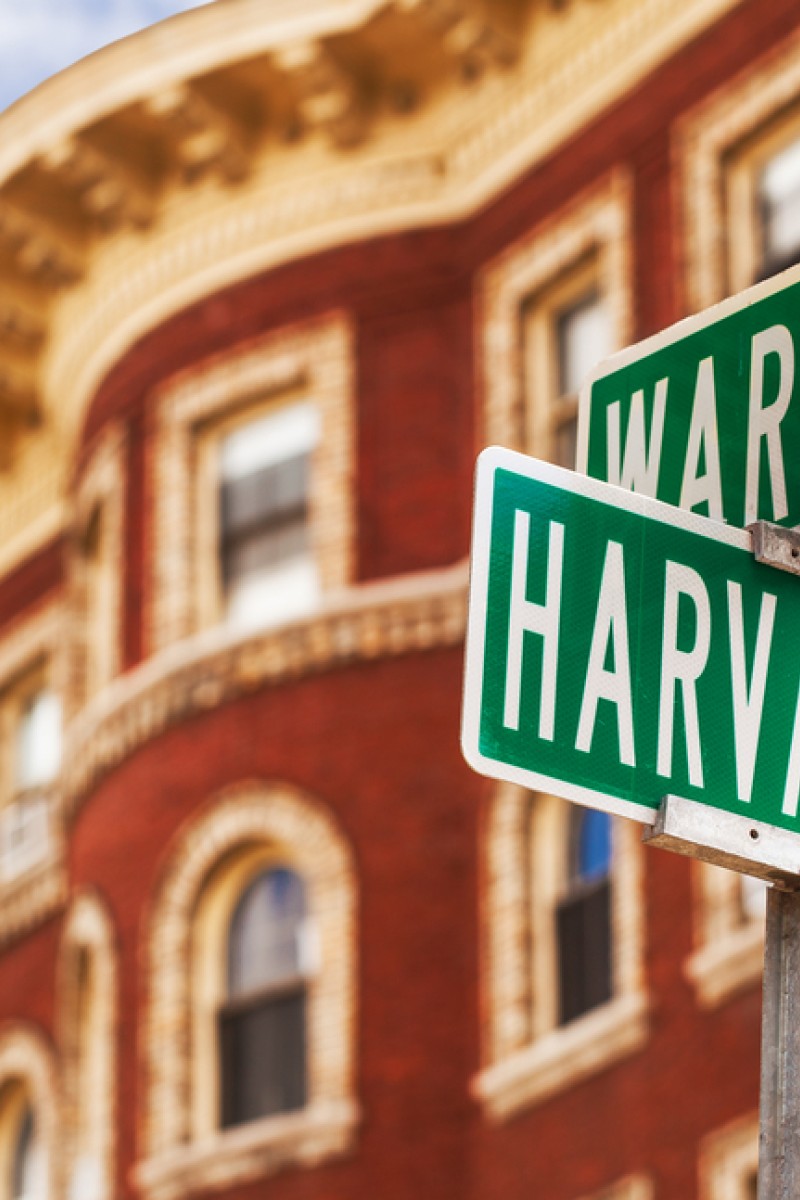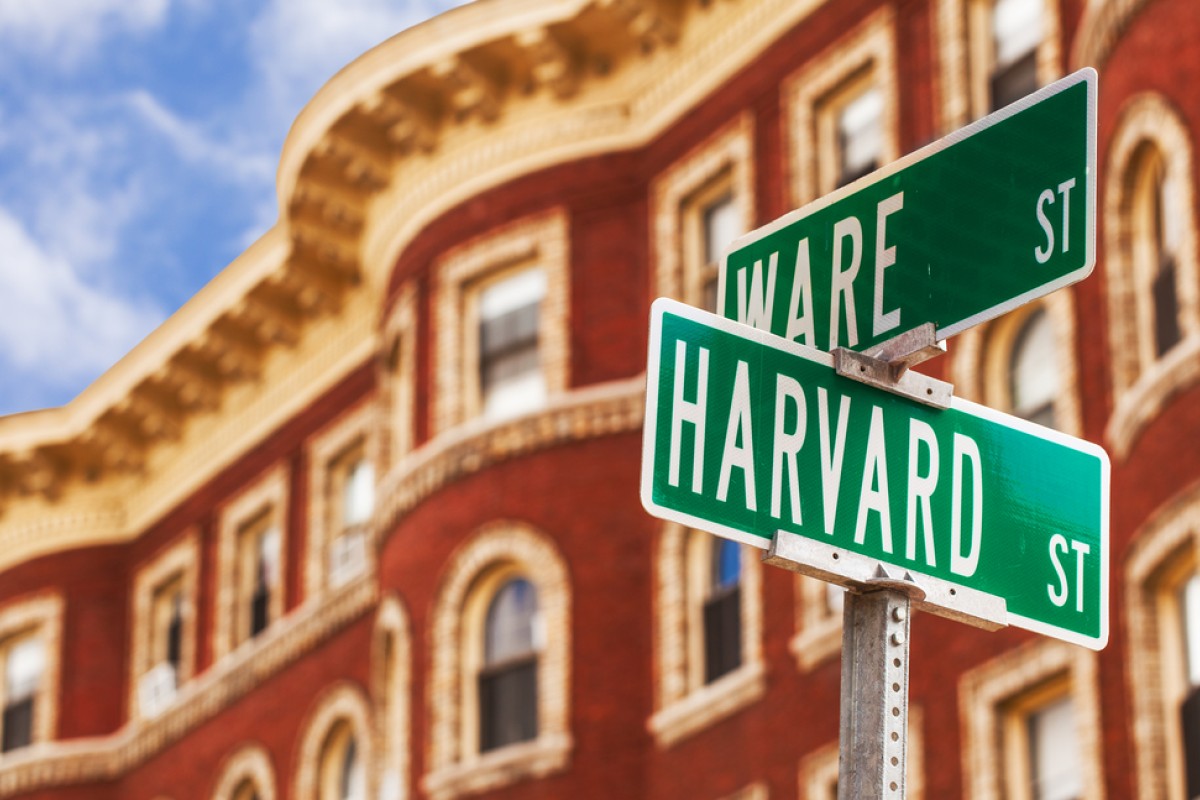
An expert’s guide on getting into Harvard, UCLA, and other US universities
You need more than just good exam results to get into US universities, unlike in any other parts of the world

What does it take to get into an American university? The admissions process is, according to Ally Ip, unique compared to other countries in the world.
“When you look at the US, most of their top universities are private institutions,” explains the senior admissions consulting partner of The Edge Learning Center – one of Hong Kong’s top university consulting companies. “The admission process is a lot less transparent and much more subjective.”
The Hong Kong-born Ip got her undergraduate degree at the Massachusetts Institute of Technology in the US state of Massachusetts, and spent eight years serving in the US army before getting her graduate degree at Harvard University – one of the top universities in the US. It’s safe to say she knows a thing or two about the US education system.
Talking Points: Is university worth it? Do you really need a degree to get a good job?
Ip explains that the top universities in Britain, Australia, and Hong Kong are all public schools with government funding. Because of this, getting into the universities largely depends on meeting the schools’ minimum academic requirements. “With private schools, it’s more similar to a private company. It comes down to what the school wants in a person,” Ip says. “Of course, grades are still very important, but they care a lot more about what you’re like as a person.”
She says that things like your personal statement, letters of recommendation from teachers and counsellors, extracurricular activities, and even racial diversity quotas can play a huge role in whether you get into a top school.
“The top private schools want to seem diverse,” Ip explains. “If you’re a Chinese student, getting into a top engineering school will be a lot more competitive, whereas programmes like political science may have no Asian students.” If you want to increase your chances of getting into an elite school, then Ip suggests studying a subject that’s not very popular.
That stressful challenge of choosing the right university for the next four years
Ip points out that the United States still has a lot of elite public schools, including the University of California (UC) schools; UC Berkley, University of California, Los Angeles, and the University of North Carolina, Chapel Hill.
“The public school system is more similar to British admissions,” Ip explains. “You need good grades and academics, and the process is more transparent.”
Of course, another key distinction between US universities and other countries is the use of standardised testing when it comes to measuring academic success – more specifically, the SAT and ACT examinations.
Yes, what you post on social media can hurt, and help, the college admissions process
“Although universities don’t put as much weight into these tests as they used to, they’re still useful in getting you admitted,” Ip says. When it comes to choosing which test to take, Ip says it’s a matter of preference. “The SAT is more about vocabulary memorisation, and the ACT tests your ability to read and answer questions quickly.” She adds that the key to getting good scores in both is to familiarise yourself with the tests, and practise over and over again, either with a tutor or by yourself.
Although the uncertainty and subjectivity of US private school admissions can seem intimidating, Ip believes the process is more fair than that of public schools.
“Academic success can come down to a lot of things,” Ip explains. “For example, people from less well-off families may not be able to afford expensive tutoring, so their grades won’t be as good as their wealthier classmates.
Struggling with the SAT? Here are insider tips for the reading and writing sections
“US private schools don’t just look at your academic success; your potential for success if given the same opportunities as everyone else matters, too.”
Finally, she notes that, because there are so many universities in the US, it’s definitely possible to find a school that’s a good fit for you.
What do you want to study? What kind of weather do you like? Do you want to be part of a big state school or a small liberal arts college? These are important questions that should be discussed with a professional, school counsellors, or with family members.
“That’s basically what my job is, to help people find the best school for them and maximise their chances of getting in,” Ip says.